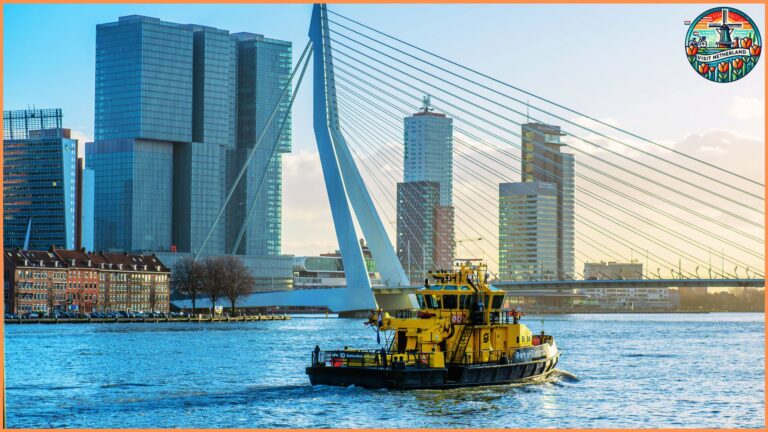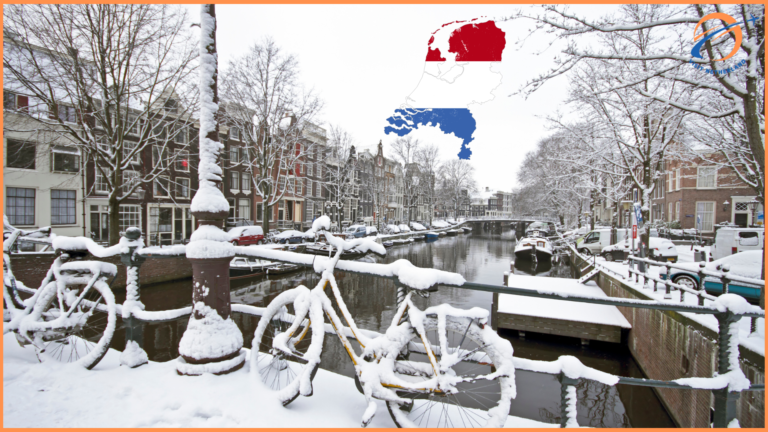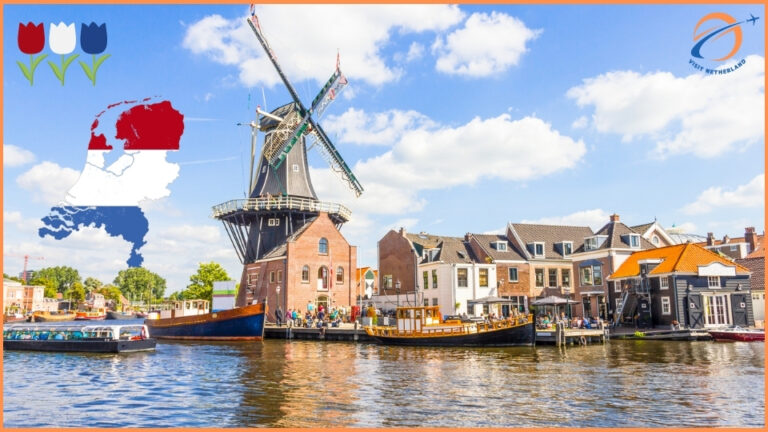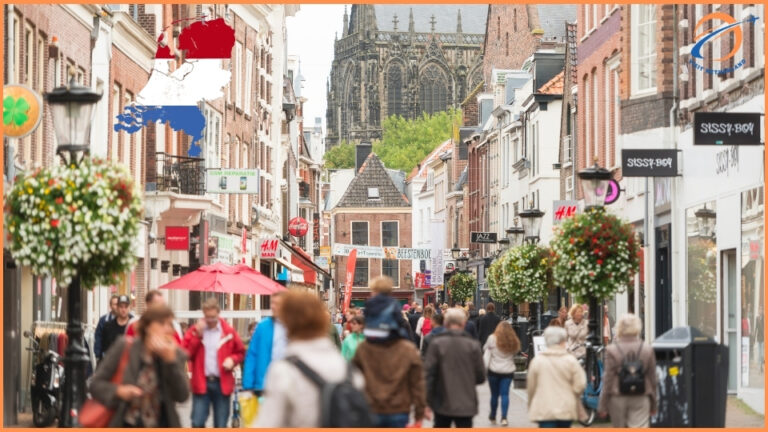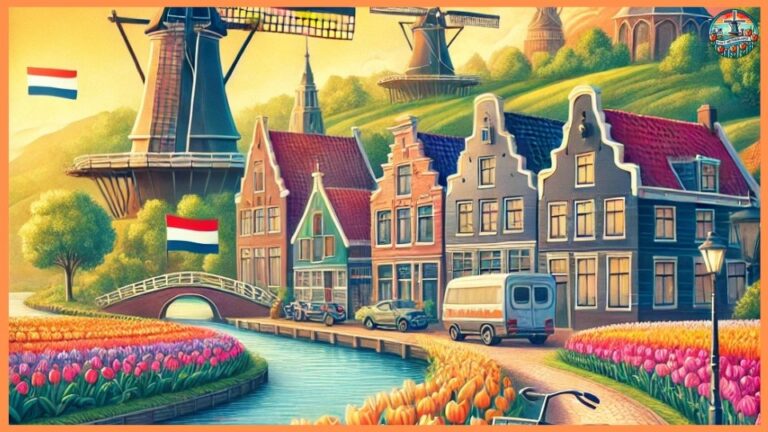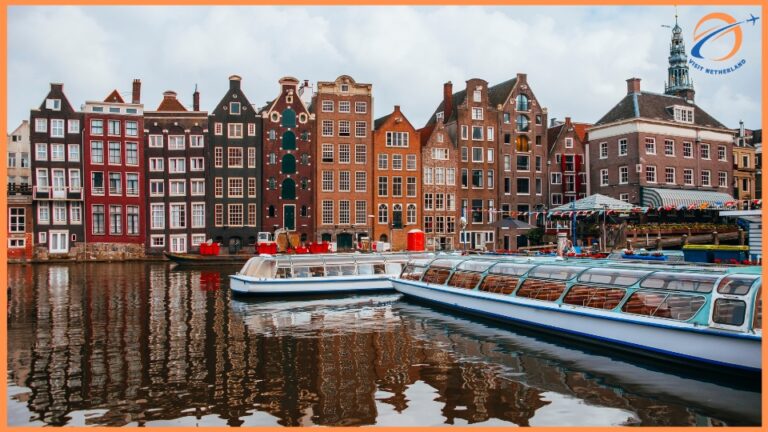What Do I Need to Travel to the Netherlands?
From the field of tulips, iconic windmills, and canals full of history, the Netherlands is truly a favorite among all travelers. Be it biking through the scenic countryside routes or exploring the treasure trove of art that Amsterdam is, preparing for your trip always ensures a smooth and pleasurable experience. Let’s dive into all you need to know to get ready for a trip to the Netherlands.
Understanding Entry Requirements
Visa Requirements
Schengen Visa Explained
The Netherlands is part of the Schengen Area, meaning travelers from non-Schengen countries may need a Schengen visa. This visa permits travel across 27 European nations within a set period, typically 90 days within 180 days. If you’re from countries like India, China, or South Africa, you’ll need to apply for a Schengen visa before your trip.
Visa Exemptions
Travelers from visa-exempt countries like the USA, Canada, Australia, or the UK do not need a visa for short stays (up to 90 days) for tourism or business purposes. Ensure you meet the exemption criteria and prepare required documents like proof of onward travel.
Passport Validity
Your passport should be valid for at least three months beyond your intended departure date from the Netherlands. Ensure it’s in good condition with enough blank pages for entry and exit stamps.
Essential Travel Documents
ID and Travel Insurance
While a passport is mandatory for entry, having a valid ID is also helpful for local identification needs. Travel insurance covering medical emergencies, cancellations, and unforeseen issues is strongly recommended.
Supporting Documentation
Accommodation Proof
You’ll need to show proof of accommodation, such as hotel bookings or an invitation letter if staying with friends or family.
Financial Proof
Demonstrating financial solvency is often required. Bank statements or credit card statements showcasing adequate funds for the trip can suffice.
Health and Safety Guidelines
COVID-19 Regulations
As of the latest updates, COVID-19-related entry requirements like vaccine certificates or testing have eased. Check official Dutch government websites for current protocols before departure.
Travel Vaccinations
Routine vaccines, including MMR (measles, mumps, rubella) and tetanus, are advisable. Depending on your origin, specific vaccinations like hepatitis A or B might be suggested.
Packing for the Netherlands
Seasonal Clothing
The Netherlands experiences distinct seasons. Winters are chilly, with temperatures often dipping below freezing, so pack warm coats, gloves, and scarves. Summers are mild, requiring light jackets and breathable clothing. Waterproofs are essential year-round due to frequent rain.
Electronics and Adapters
Bring Type C or Type F power adapters to charge devices. Check voltage compatibility (230V) for electronics.
Personal Items and Essentials
Pack a universal travel kit, including toiletries, prescription medications, and a compact umbrella for unpredictable weather.
Money and Budget Planning
Currency and Exchange
The official currency is the Euro (€). It’s wise to carry some cash for small transactions, although cards are widely accepted. Exchange money at banks or official currency exchange offices for competitive rates.
Daily Expenses Overview
You should budget between €50 to €100 a day to cover moderate sightseeing, transportation, and meals. Set aside money for upscale eating or unique experiences.
Transportation in the Netherlands
Public Transport System
Trains, trams, buses, and ferries are all part of the Netherlands’ well-functioning public transportation network. To travel conveniently in all modes, get an OV-chipkaart.
Renting Bikes or Cars
Cycling is a quintessential Dutch experience. Rental bikes are readily available in cities and countryside towns. If venturing farther, consider renting a car.
Cultural Etiquette and Local Tips
Language and Communication
The official language in the Netherlands is Dutch, but most locals speak excellent English. Learning a few basic phrases like “Dank je wel” (Thank you) or “Hallo” (Hello) can go a long way in building rapport.
Dining Etiquette
The Dutch appreciate punctuality, so arrive on time for meals or reservations. Tipping is not obligatory, but leaving a small amount (5–10%) for exceptional service is appreciated. Meals are often simple and hearty, with cheese, bread, and soups being common staples.
Tipping Practices
While tipping isn’t mandatory, rounding up the bill or leaving some extra change at restaurants, cafes, or for taxi drivers is common practice.
Must-See Attractions in the Netherlands
Iconic Landmarks
- Amsterdam’s Canals: Take a canal cruise to explore the city’s historic waterways.
- Keukenhof Gardens: A must-visit in spring for vibrant tulip displays.
- Anne Frank House: Step into history by visiting this poignant museum.
Off-the-Beaten-Path Destinations
- Giethoorn: Known as the “Venice of the North,” this car-free village offers scenic boat rides.
- Zaanse Schans: A charming village with traditional windmills and wooden houses.
- Maastricht: A southern gem with a blend of Dutch and French influences.
Digital Tools for a Seamless Trip
Navigation Apps
Use apps like Google Maps or Citymapper to navigate public transport and walking routes efficiently. Offline maps can also save you data costs.
Language and Translation Tools
Install apps like Duolingo or Google Translate to bridge any language gaps. These tools can also help you decode menus or signboards.
Travel Insurance and Emergency Preparedness
Coverage Recommendations
A comprehensive travel insurance policy is a must-have. It should cover medical emergencies, trip cancellations, lost luggage, and personal liability.
Emergency Numbers in the Netherlands
Familiarize yourself with the country’s emergency numbers:
- Police, Fire, and Ambulance: 112
- Non-Urgent Police Matters: 0900 8844
Green Travel in the Netherlands
Sustainable Tourism Tips
Respect the environment by reducing waste, using reusable water bottles, and opting for public transport or bicycles. Many cities have initiatives supporting eco-conscious travel.
Eco-Friendly Accommodations
Look for accommodations with Green Key certifications or those that prioritize sustainable practices. Many Dutch hotels and hostels are environmentally friendly.
A trip to the Netherlands is one of wonderment: history, culture, and beautiful landscapes. Packing smart, having the documents needed, and understanding customs ensures one will have a wonderful time. From gazing at famous buildings to cycling serenely through the countryside, the Netherlands has a bit of something for everyone to remember.
FAQs
Do I need a visa to visit the Netherlands?
If you’re from a non-Schengen country, you may need a Schengen visa. Travelers from visa-exempt countries can stay up to 90 days visa-free.
Which season is ideal for travel to the Netherlands?
Spring (April–May) is perfect for tulips and pleasant weather, while summer (June–August) offers the best time for outdoor activities.
Is getting about without a car easy?
Absolutely! The Netherlands has an excellent public transport system and is bike-friendly, making it easy to explore without a car.
Are credit cards widely accepted?
Yes, but some local shops may prefer debit cards or cash. Ensure your card has a PIN for secure transactions.
When traveling to the Netherlands, what should I pack?
Pack layers, waterproof gear, and comfortable shoes for walking or cycling. Don’t forget adapters for electronics.


